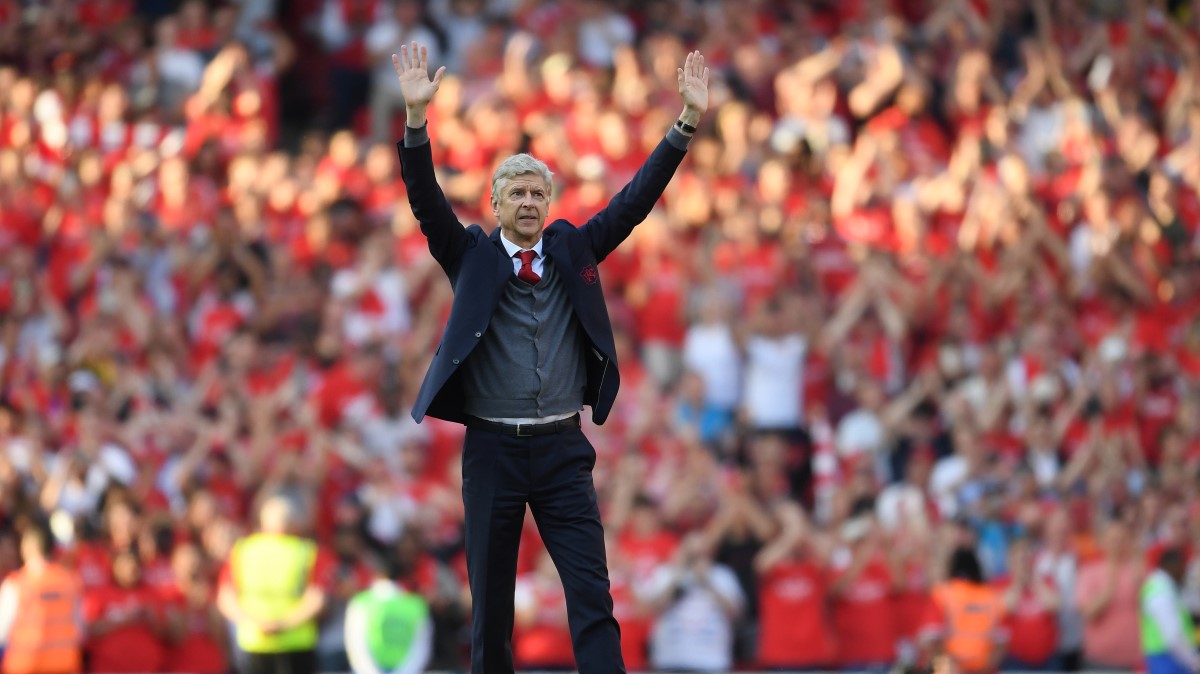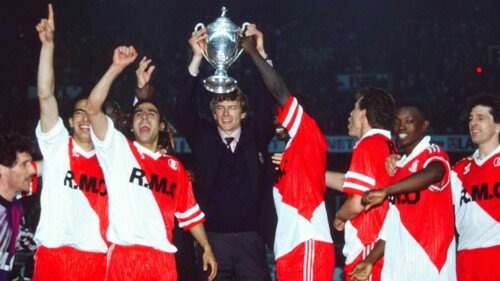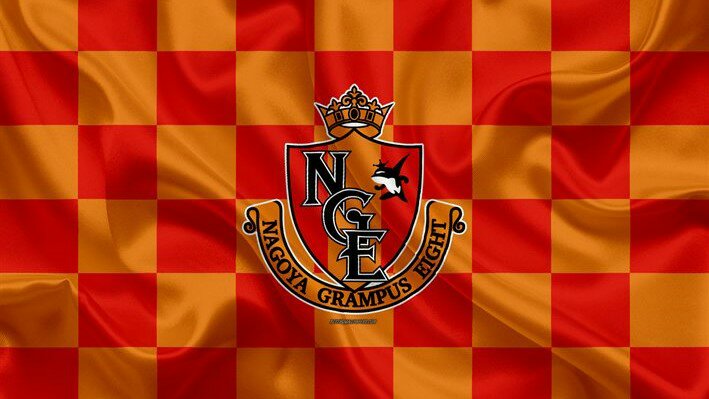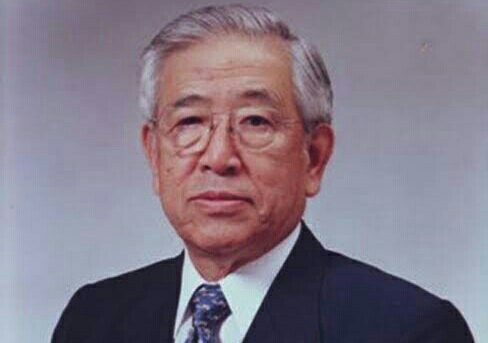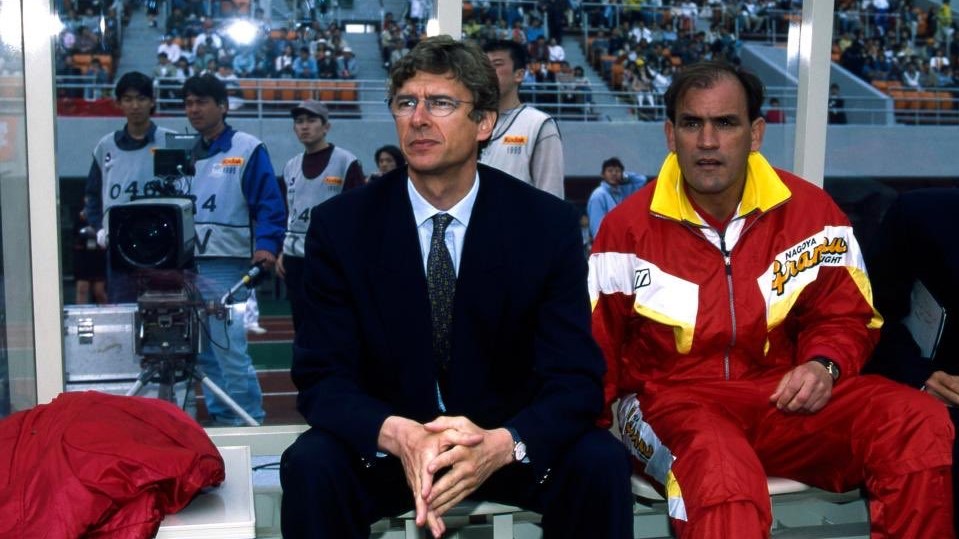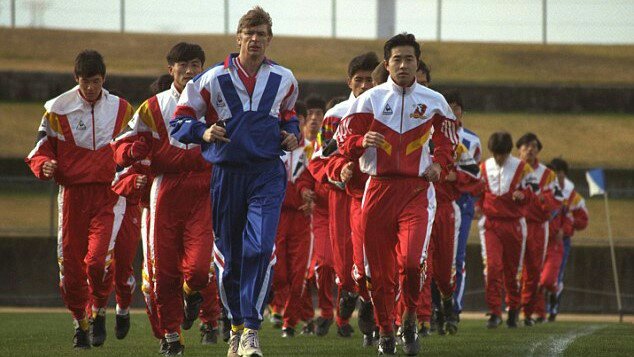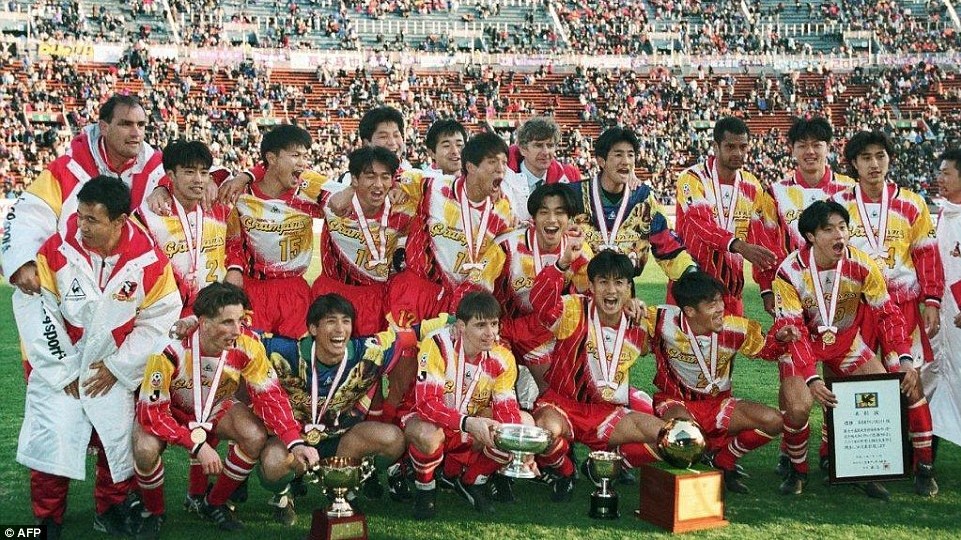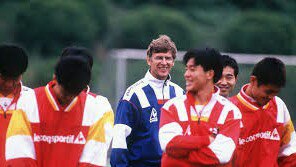Arsene Wenger is one of European football’s most recognized figures. Fans of Monaco and Arsenal remember him fondly for all he did for their clubs. However, the time in between is often overlooked – his time at the newly formed J-League.
To understand his move to Japan, it would be important to remember the end of his time at Monaco. He was sacked 2 months into the 94/95 season for a string of poor results that had caused the club to be in the bottom half of the table.
Monaco had won the title under Wenger in 1988, but the 5 yrs since had been a frustrating combination of 2nd and 3rd placed finishes. Marseille had won all of those 5 titles but the revelation of a match-fixing scandal in 1993 would put a big question mark over their success.
Wenger’s faith in the game was shaken. After Monaco sacked him, he seemed to be unwilling to enter a new managing role. In the meantime, he would attend a FIFA conference where he would deliver a speech to up and coming coaches.
In 1992, close to 9900km away from Monaco, a club in the Japanese city of Nagoya put forth an aim to become the greatest club in the world within the next 100 yrs. It was owned by the automobile giants Toyota and its name was Nagoya Grampus Eight.
The then Toyota chairman Shoichiro Toyoda, met Wenger at this FIFA conference in 1994. He expressed his grand vision of the club to him and offered him the job. Wenger was beyond impressed. Years later he would explain what he felt was so great about that vision –
“What is a loss if you project your destiny on a century?... Only being a conveyor belt in history, as a part of a movement that is much larger than you are… We live too often with the idea that the world is going to stop after us. That is not humanity.”
However, as grand as the club’s vision was, it had initially not done so well. So when Wenger accepted the job, he took on a side that had finished as the 2nd last club in the previous two seasons. There was no concept of a relegation, so the club was still in the league.
Wenger’s initial games did not go according to the plan either. Nagoya only had 3 points from the first 8 games. However, the lack of a threat of relegation and a much friendlier media unlike in Europe, ensured Wenger stayed relatively calm through this period of turbulence.
He soon realized that the Japanese players were a lot more reliant on instructions from the touchline than their European counterparts. As such, Wenger had to train them in a manner such that a lot of the decision making on the field would become natural habit.
During the mid-season break, Wenger would take his squad to Versailles. Here, they would undergo a unique pattern of training, which would include training the very basics of the game. He wanted his players to think for themselves instead of asking for every single instruction.
What followed was a superb turnaround. Nagoya would win 17 of the last 26 games to finish 2nd and in December, the club would lift the Emperor’s Cup by beating Sanfrecce Hiroshima 3-0 in the final. Wenger would be presented with the manager of the season award.
The club entered in the 1996 season with a fresh sense of optimism. However, by August that year, he had made up his mind to join Arsenal. Despite him leaving in the middle of the season, Nagoya still retained their 2nd spot in the league.
On 28 August 1996, Wenger managed his last game at the club. Owing to his lack of speaking fluent Japanese, he delivered a short farewell address in front of a packed Mizuho Athletic Stadium
It is safe to say Arsene Wenger did not leave a lasting legacy in Japan as he did in France and England. Given that his stint only lasted 18 months, it is wondered by some what would have happened had he stayed longer.
However, what cannot be denied is the impact Japan had on the great man. Back in France, Wenger was disillusioned by the entire scandal of match fixing. However, being in a newly formed league with a better organization helped restore his faith in the integrity of the sport.
Later, he would often cite how impressed he was by the Japanese people and not merely the football part of them. He found their food to be extraordinarily healthy and their approach to life very disciplined – qualities that he always desired within his players.
[END OF THREAD]
[END OF THREAD]

 Read on Twitter
Read on Twitter![Arsene Wenger at Nagoya – the lesser known phase of The Professor’s career.[THREAD] #PausaHistoria Arsene Wenger at Nagoya – the lesser known phase of The Professor’s career.[THREAD] #PausaHistoria](https://pbs.twimg.com/media/EofLNlKUwAAEamZ.jpg)
